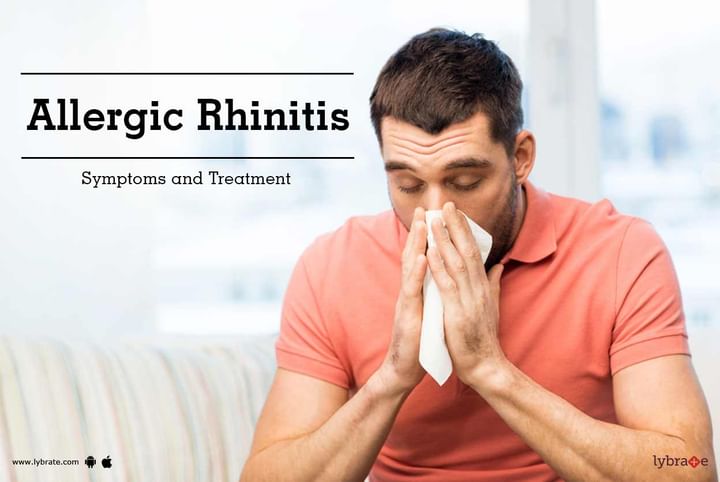Allergic Rhinitis: Symptoms and Treatment
Allergic Rhinitis is also known as hay fever. It can be described as an allergic reaction to substances inhaled while breathing. As the name suggests, this allergy is common during the pollen season. Apart from pollen, it can also be caused by pet dander, dust mites, and mold. This is a common condition that affects 10-30% of the world’s population. While some people may develop its symptoms within minutes, for others it could take a few hours. Common symptoms of this allergic reaction include:
- Continuous sneezing
- A running nose
- Itchiness inside and around the nose
- Sore throat
- Coughing
- Watery eyes
- Itching in the eyes
- Headaches
- Eczema
- Difficulty sleeping
It can also aggravate issues caused by nasal defects, upper respiratory infections and non-allergic rhinitis. Allergic rhinitis is usually not accompanied by fever. Also, it is not necessary for all patients to experience all the above symptoms together.
The intensity of your symptoms could vary from time to time depending on the substance you are allergic to. For example, people allergic to pollen and grass will suffer the most in spring. However, if you are allergic to pet dander and dust, your symptoms could be aggravated during winter when you spend more time indoors. Women suffering from allergic rhinitis may also see their symptoms intensify when they are pregnant. For most people, the intensity of allergic rhinitis decreases with age.
There are many forms of treatment for allergic rhinitis. Antihistamines are usually the first form of treatment attempted. This form of medication stops the body from creating histamines and thereby reduces the allergic reaction. Decongestants can also help in relieving stuffiness in the nose. For short term relief, you may also use eye drops or nasal drops. Prolonged use of these medications is not advised. Your doctor may also recommend flu shots or immunotherapy in case of severe allergies. This is a long term treatment plan that will gradually reduce your body’s reaction to the allergens.
You can also take a few simple steps at home to ease your condition. Using a humidifier indoors can help control allergies and keep the air from turning dry. If you are allergic to dust mites, limit the amount of carpeting in your house and vacuum the house regularly. When you wash your bed linen, do so in hot water. Above all, avoid exposure to allergens. If you have pets, restrict them to one part of the house. If you are allergic to pollen, avoid stepping out on windy days or when the pollen count is high.
Allergic rhinitis is not typically something to worry about. It can usually be easily managed with medication and home remedies.
In case you have a concern or query you can always consult an expert & get answers to your questions!



+1.svg)
